An Aberdeenshire parent has called for an “urgent” independent review amid controversy over the marking of this year’s Higher History exam.
Colin Ross, whose son Kyle attends Kemnay Academy, said discrepancies between his son – and many of his classmates’ – marks in Part 1 and Part 2 of the History paper had “raised questions”.
Kyle’s university future could now be in jeopardy as a result of missing out on an A grade.
He said other pupils at Kemnay Academy had been similarly affected, and believes that the problem was “widespread nationally”.
Thinks SQA ‘moved the goalposts’ on Higher History exam
The father feels Part 2 of the exam didn’t reflect the course, and that a greater level of detail was required of answers than pupils were led to believe. He added that past papers didn’t properly reflect Part 2 of the exam either.
“They moved the goalposts,” he said.
The pass mark on the Higher History exam dropped nationally by 13.1% compared to 2023, and in the offending Part 2 of the exam, by 25%.
Despite being predicted to get an A for Higher History, Kyle was awarded a B. As a result, he won’t automatically be accepted into the universities he was considering.
Colin has visited a number of university open days over the past few weeks. One of them was Aberdeen University, where Colin says he tried to explained the reasons behind his son’s lower grade.
“When my son first received his results for Higher History, the discrepancy between his score in the first and second paper was so significant that it raised questions in my mind,” said Colin.
“As I began to investigate, I found that the same was true of many of his classmates.
“It has since become clear that this is not an issue that just affected one pupil or one school but is widespread nationally.
“Looking at the statistics released by the SQA, we can see a significant drop in the overall performance in History and this has been led by a particularly poor performance in the second paper.”
‘Something just doesn’t add up’ argues Kemnay Academy dad
Colin said that although he can’t be certain, he harbours suspicions that the marking scheme was changed without pupils or parents being aware.
He added: “What exactly went wrong, I am not sure, but the statistics speak for themselves.
“Nearly twice as many pupils received a ‘no award’ in 2024 as in 2023 and the number of pupils receiving an A grade dropped by around 35% in the same timeframe.
“Something just doesn’t add up.”
Colin filed a complaint with the SQA, who initially rejected it as it “doesn’t meet the criteria for a formal complaint”.
When he took issue with this, he got a second response saying that his complaint was “more complex than originally assessed” and that the SQA would get back to him.
When it did, the SQA admitted that it had “had a number of enquiries about Higher History assessment in the last session.”
SQA says exam marking was consistent and fair
However, it defended the exam marking as consistent and fair, and said it was “confident that the attainment rate in Higher History in 2024 reflected the performance of learners.”
Colin was further told: “The Higher History Team are all experienced History teachers who have worked in senior appointee roles for a number of years. The SQA works with the Higher History Team to ensure standards are applied consistently.
“I would like to reassure you that the marking of these assessments scripts is upfront and includes ongoing quality assurance built into the system.
“There is a consistency of the application of marking instructions for Higher History.
“Learners with concerns about a grade or grades on their certificate could request a marking review of their SQA-marked exams and coursework through the Appeals service.”
When Colin tried to publish a Scottish Parliament petition to address the matter, it was rejected as referring to something that is not within the powers of the Scottish Parliament, but rather the SQA.
‘Pupils lack trust in the system’
However, Colin feels there is no way of holding the SQA to account.
“There is no credible way to challenge the SQA in a situation like this.
“The appeal process is purely administrative and won’t address whether the paper was fair or if there was confusion around how it was to be marked.
“Many of the pupils we know have not put in an appeal because of a lack of trust in the system.
“Equally, the complaints process is inadequate and when the SQA has been publicly challenged, it has denied that there is any issue.
“That feels like an organisation that isn’t being held accountable for its performance.”
Colin has also contacted education secretary Jenny Gilruth over the matter.
‘Sense of frustration and injustice’
He continued: “What is really important to understand is that these results matter for young people – it can have a really significant impact on their further education options.
“In our case, this one grade has meant a reconsideration of which universities to apply for, and will likely be the difference between an unconditional offer and one with specific conditions for the 2025 exams.
“There is a real sense of frustration and injustice among both pupils and teachers.”
He added: “Given the radical drop in performance, the SQA should conduct an independent and transparent review of the second paper and its marking process.
“If it becomes clear that, as I suspect, there is a fundamental issue here, then it is incumbent upon the SQA to re-mark the second paper or make a significant adjustment to the grade boundaries.
“I would encourage pupils and parents in the same situation to write to the SQA so that the magnitude of the issue can be made clear.”
An SQA spokesman told The P&J: “The marking instructions for Higher History this year were the same as last year, and we are confident that the attainment rate reflects the performance of learners.
“Candidates can use our free appeals service if they have concerns about a grade, or grades, they have received.”
Shadow education secretary: ‘SQA bouncing from one scandal to another’
Shadow education secretary Liam Kerr MSP was withering in his criticism of the SQA, and said he would raise the matter with Ms Gilruth “immediately.”
“The SQA has bounced from one scandal to another ever since the grade-marking debacle in 2020,” said Mr Kerr.
“The recent concerns about exam papers seem to have echoes of the infamous algorithm, which marked down pupils who hadn’t been able to sit exams during Covid.
“Rather than dismiss these parental concerns as ineligible, the SQA should address them directly.
“Comparing exam diets with the actual curriculum should be a matter of some ease.
“And if there is a 25% grade reduction [on Paper 2], there should be alarm bells ringing somewhere.”
Were you affected by issues surrounding this year’s Higher History exam? Let us know at schoolsandfamily@pressandjournal.co.uk.
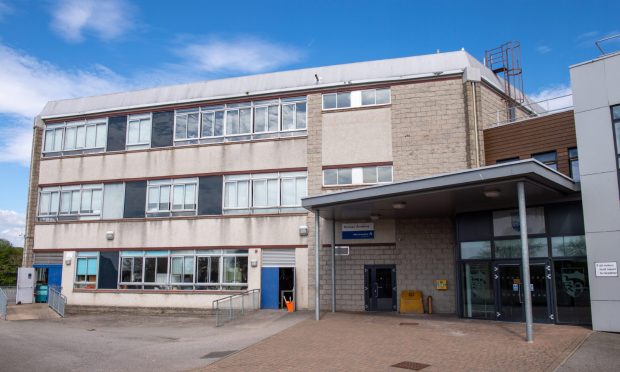
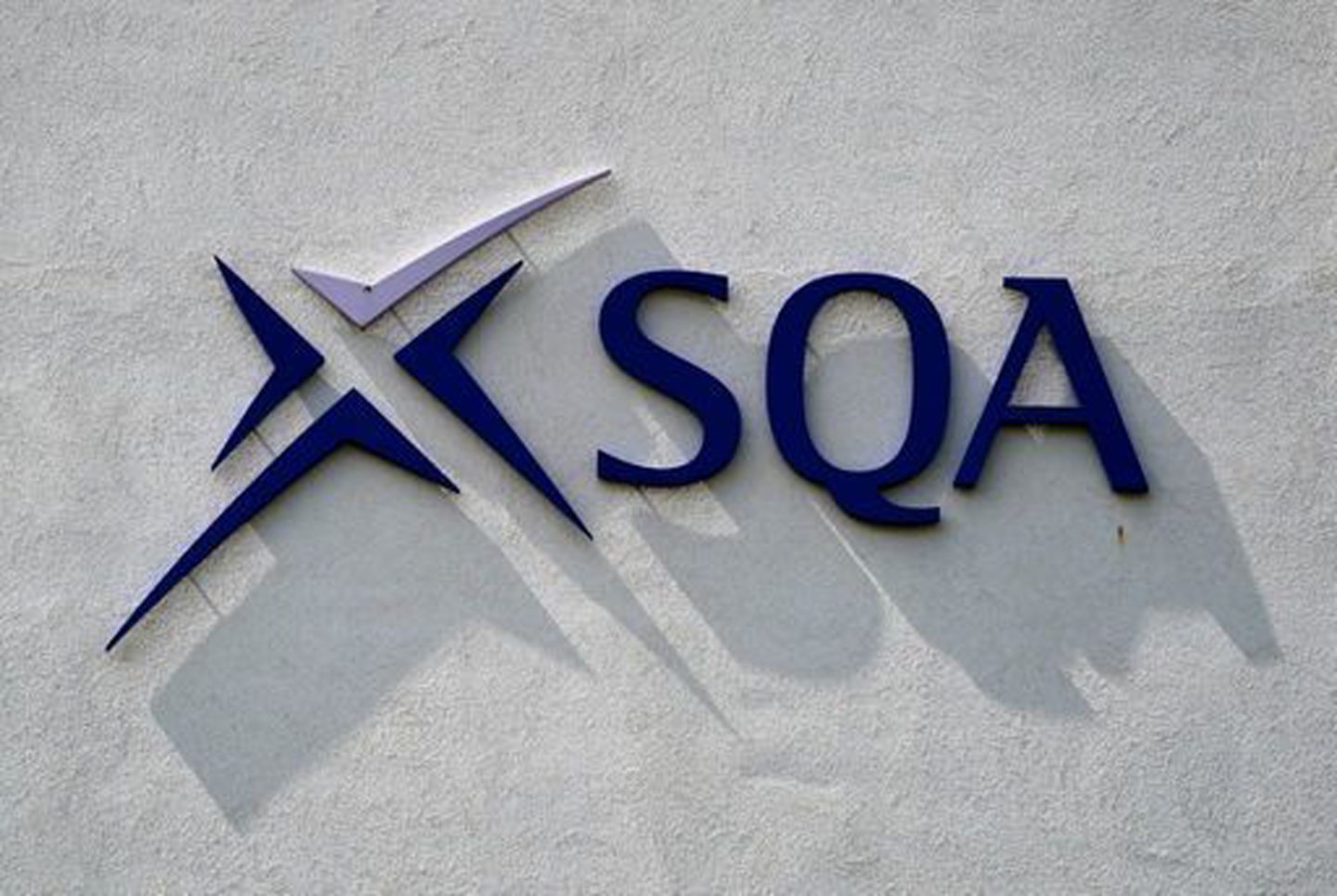
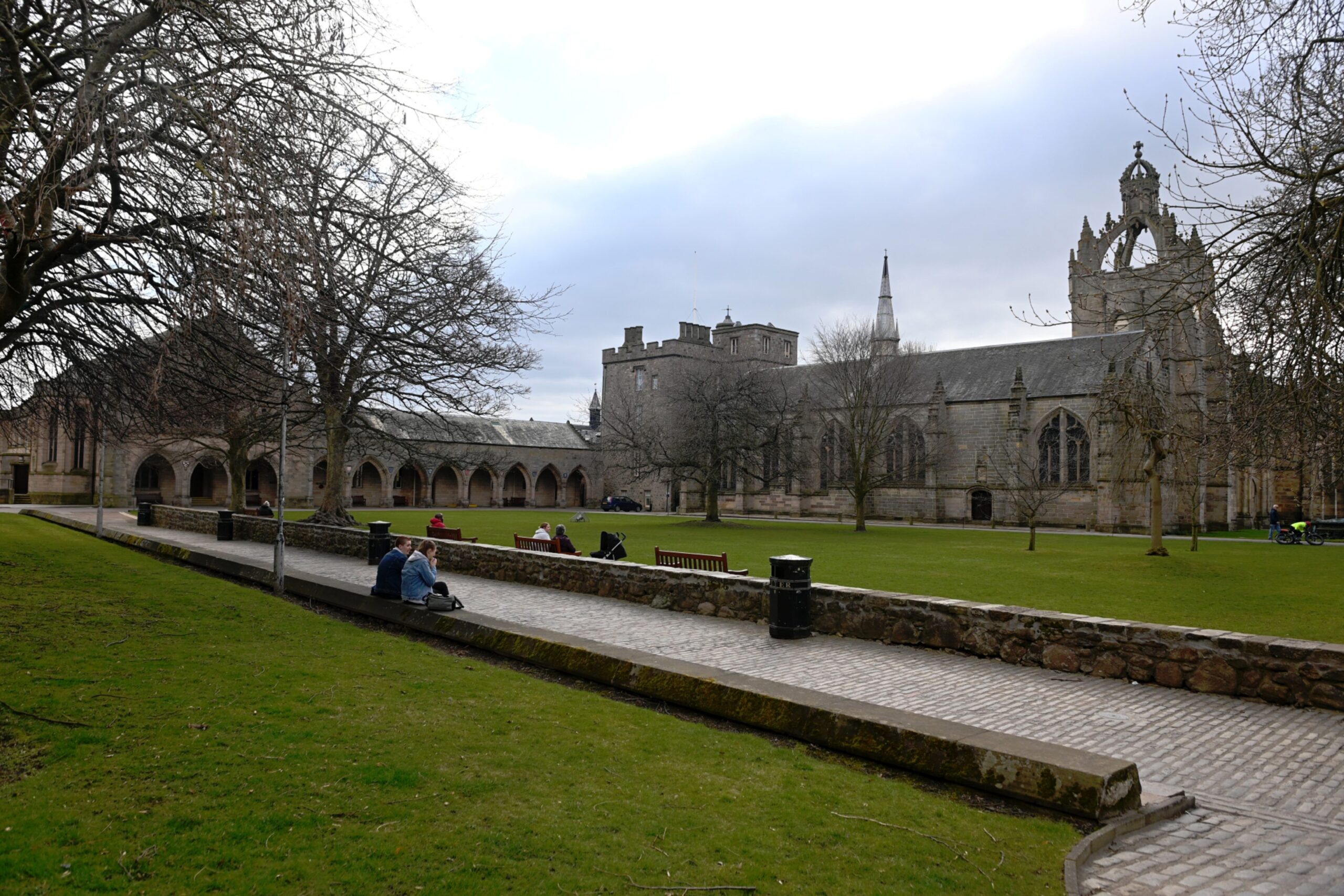
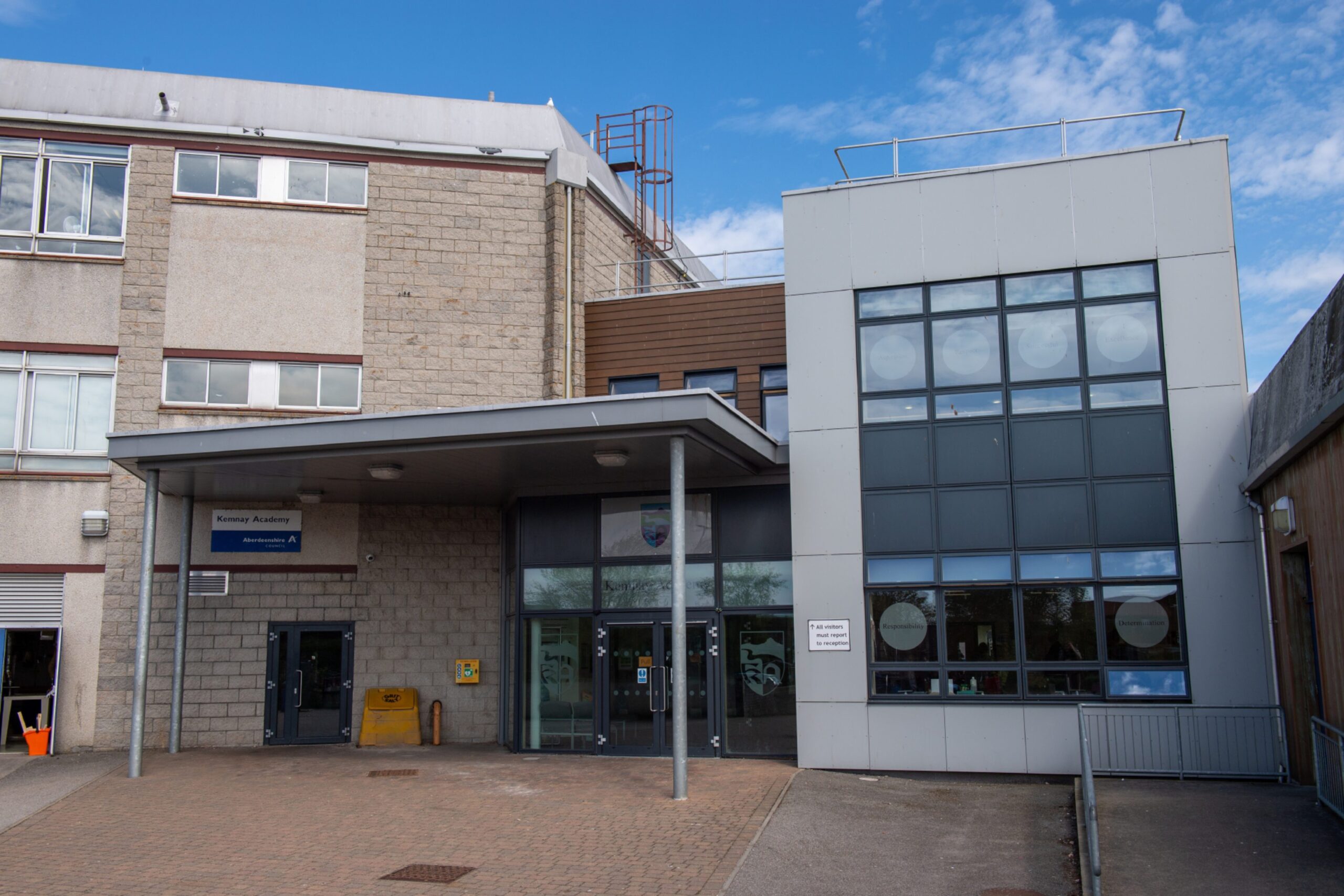
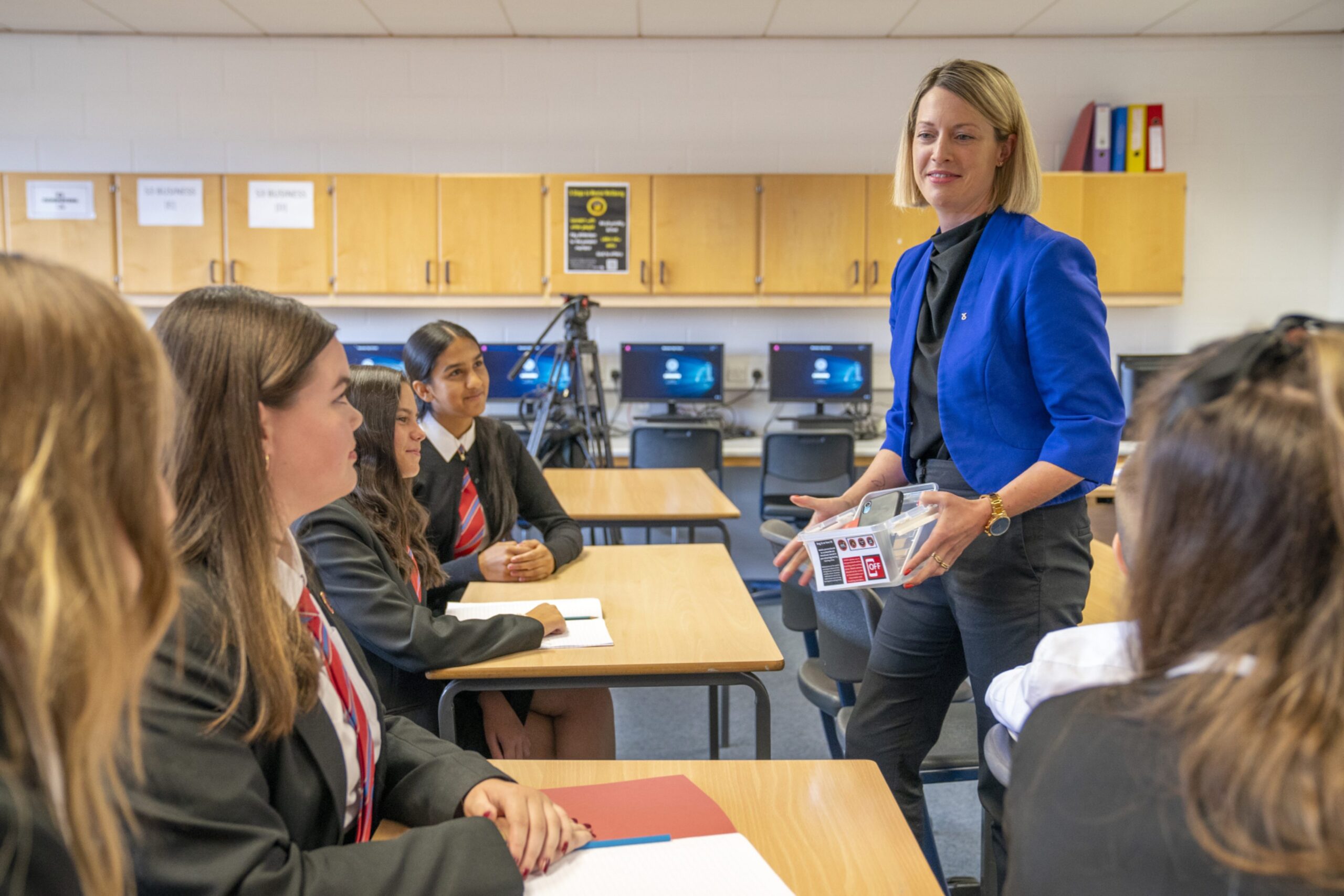

Conversation